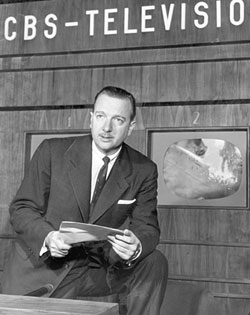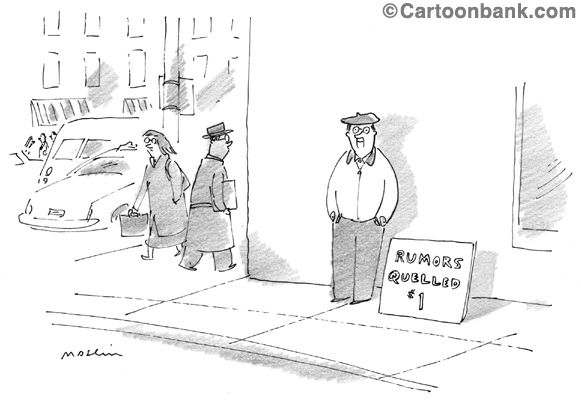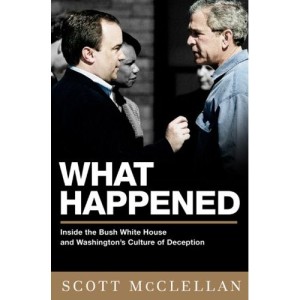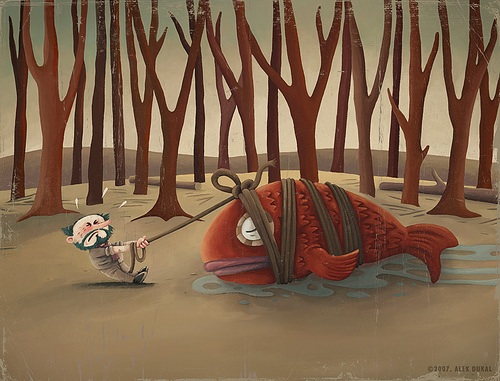
 There have been a number of developments in the media sphere this past week, some more high profile than others. What the following three do have in common is that mainstream media and social media are converging in ever increasing ways.
There have been a number of developments in the media sphere this past week, some more high profile than others. What the following three do have in common is that mainstream media and social media are converging in ever increasing ways.
1. Yahoo! is feeling no love for Microsoft’s unsolicited takeover bid, and Rupert Murdoch’s News Corp. stepped forward to see if they could become the white knight to save Yahoo! In addition to the usual sources, I’ve been following the coverage over at All Things Digital. I particularly like the running coverage of the internal communications surrounding the deal, which is always a precarious balance during times like this. (And also illustrates that “internal communications” is increasingly an oxymoron.)
As a side note, I’m including this item for the week even though there’s been some debate whether Yahoo! is a media company, or something else. But that’s another discussion for another day…
2. For several years, we’ve heard that anyone and everyone can be a journalist. Now, we’re hearing that from journalists, which is a game-changing proposition. CNN launched a new, all user-generated news site called iReport.com this week. While CNN had been using user-generated submissions for a while (also under the iReport name), they only use items on CNN that have been selected and verified by an editor. The new site is all user-generated, all the time (with some minimal oversight for inappropriate content):
“Welcome to a brand new beta site for uncensored, user-powered news. CNN built the tools, you take it from there. All the stories here are user-generated and instant: CNN does not vet or verify their authenticity or accuracy before they post. The ones with the “On CNN” stamp have been vetted and used in CNN news coverage.”
As reported on Mediaweek.com, there are two competing angles to this development. On the one hand, using the CNN brand with unfiltered news risks damaging the credibility of the parent brand, which is “The Most Trusted Name in News,” (at least according to their tag line). On the other hand, as Jim Walton, president of CNN Worldwide, says in the article, “It starts with the audience…. Audiences are more and more comfortable participating in news. It’s a natural extension for us.” The question to be seen is if the balance between credibility and creativity will be possible.
Read more















